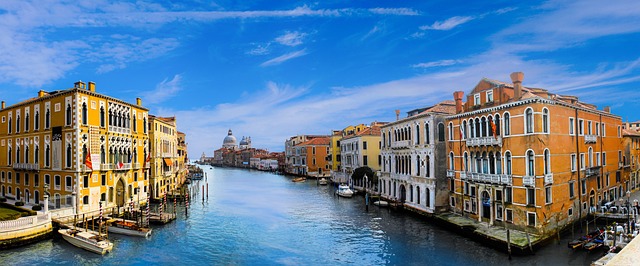In Karachi, understanding property tax ('Nama' or 'Imarak') is key for homeowners and investors, vital for urban governance and public services. The complex assessment and collection processes vary across diverse areas due to rapid urbanization and real estate growth. This guide aims to demystify the system, empowering residents to make informed decisions about their properties in the vibrant metropolis, while honoring historical principles for sustainable revenue.
Karachi, Pakistan’s economic powerhouse, relies heavily on property tax for its infrastructure development. This comprehensive guide aims to demystify Karachi’s property tax system, offering insights into its historical evolution and the enduring impact of Amir Khusro, a pivotal figure in shaping its taxation landscape. Explore how this ancient practice remains crucial in modern Karachi, ensuring the city’s growth and services.
- Understanding Property Tax in Karachi: A Comprehensive Guide
- The Historical and Modern Role of Amir Khusro in Karachi's Tax System
Understanding Property Tax in Karachi: A Comprehensive Guide

In Karachi, understanding property tax is essential for both homeowners and investors alike. Property tax in Karachi, often referred to as ‘Nama’ or ‘Imarak’, is a critical component of urban governance, primarily levied by local governments to fund public services like education, healthcare, infrastructure development, and maintenance. The assessment and collection of this tax are intricate processes that vary across different areas within the metropolis.
Karachi, being Pakistan’s economic hub, has seen rapid urbanization and real estate development. Consequently, the property tax structure in Karachi is designed to keep pace with these changes. Homeowners and investors must familiarize themselves with local by-laws, valuation methods, and appeal processes to ensure compliance and make informed decisions regarding their properties. This comprehensive guide aims to demystify the intricacies of property tax in Karachi, empowering residents to navigate this aspect of urban living effectively.
The Historical and Modern Role of Amir Khusro in Karachi's Tax System

Amir Khusro, a historical figure revered for his poetic prowess, also plays an intriguing role in Karachi’s property tax system. In the past, his teachings and influence shaped the city’s social and economic landscape, indirectly contributing to the evolution of taxation practices. Today, as Karachi navigates modern urban challenges, the legacy of Amir Khusro continues to resonate, offering valuable insights into sustainable revenue generation through property taxes.
His era witnessed the need for collective resources to build and maintain vibrant cities, mirroring the contemporary necessity for efficient tax systems in metropolises like Karachi. By exploring historical texts and adapting ancient principles to modern contexts, policymakers can forge a path that respects the past while ensuring the city’s financial stability and growth.
In conclusion, understanding property tax in Karachi, such as the historical role of Amir Khusro, is essential for navigating the city’s complex tax system. By delving into these aspects, residents and investors alike can make informed decisions regarding their properties in this vibrant metropolis, ensuring a sustainable and prosperous future for all in Karachi.



